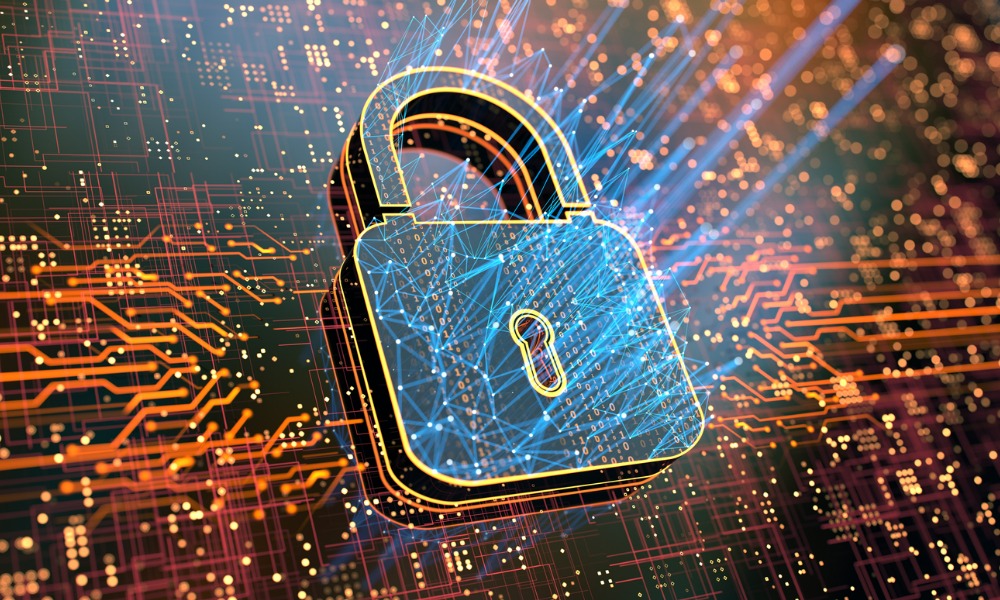
Survey reveals that 83 per cent of legal professionals handle sensitive data at work

Fifty-one per cent of employees in the legal service industry in the US have not received cybersecurity training arranged by their current employer, according to a new survey commissioned by NordLocker, an encrypted cloud service provider. The same survey reveals that 83 per cent of legal professionals handle confidential data at work.
“Since legal services is among the top ten industries most hit by ransomware, the organizations that don’t train their employees how to identify the potential risks and about the right measures to avoid them are on the brink of falling victim to various cybercriminal activities,” explains Oliver Noble, a cybersecurity expert at NordLocker.
The survey also reveals that 11 per cent of employees in the legal services industry do not use any cybersecurity tools at work. Among those who do use protection on their digital devices, antivirus is the most popular software (67%) followed by a password manager (57%), a VPN (51%), and a file encryption tool (40%).
“With cyber racketeers going after the overwhelming amount of sensitive client data legal service providers have access to, employers who don’t urge their employees to use the necessary cybersecurity tools, or even worse, don’t provide them, are putting their reputation at stake,” says Noble. “Unsecured IoT devices, such as printers, can provide a pathway to a legal firm’s computer systems.”
When asked who should be responsible if they accidentally caused a data breach in their workplace, the majority of legal professionals surveyed answered with “both the employer and the employee”. However, almost one in three respondents would solely blame their company if they were involved in a data breach.
“With the human element being one of the weakest links in a company’s cybersecurity and hackers looking for vulnerabilities to exploit, it’s easy to see why many employees believe their employer should ensure appropriate means to be able to withstand threats,” Noble says.
Five easy-to-implement cybersecurity practices for legal professionals
NordLocker commissioned a survey of 300 employees in the legal services industry in the US in October 2021.